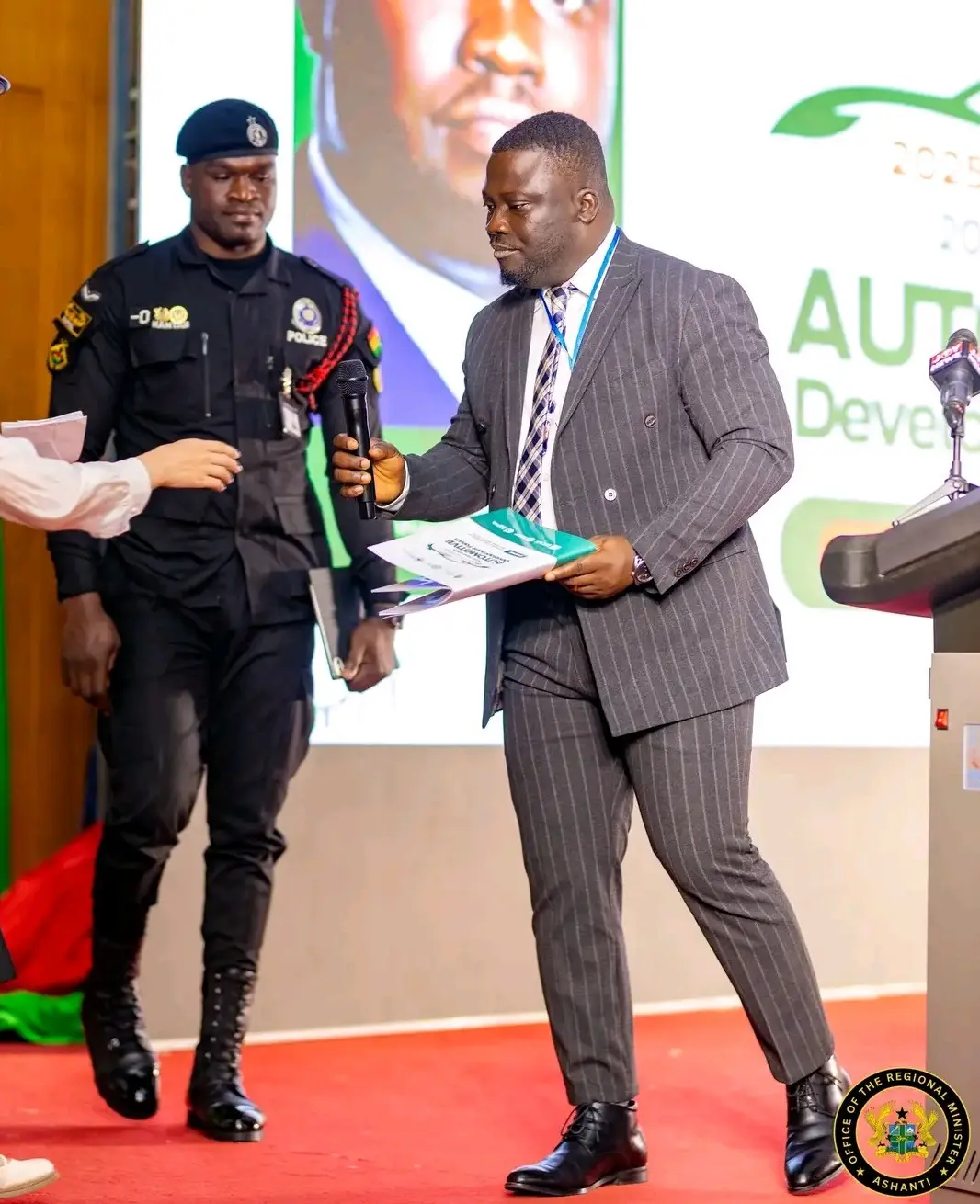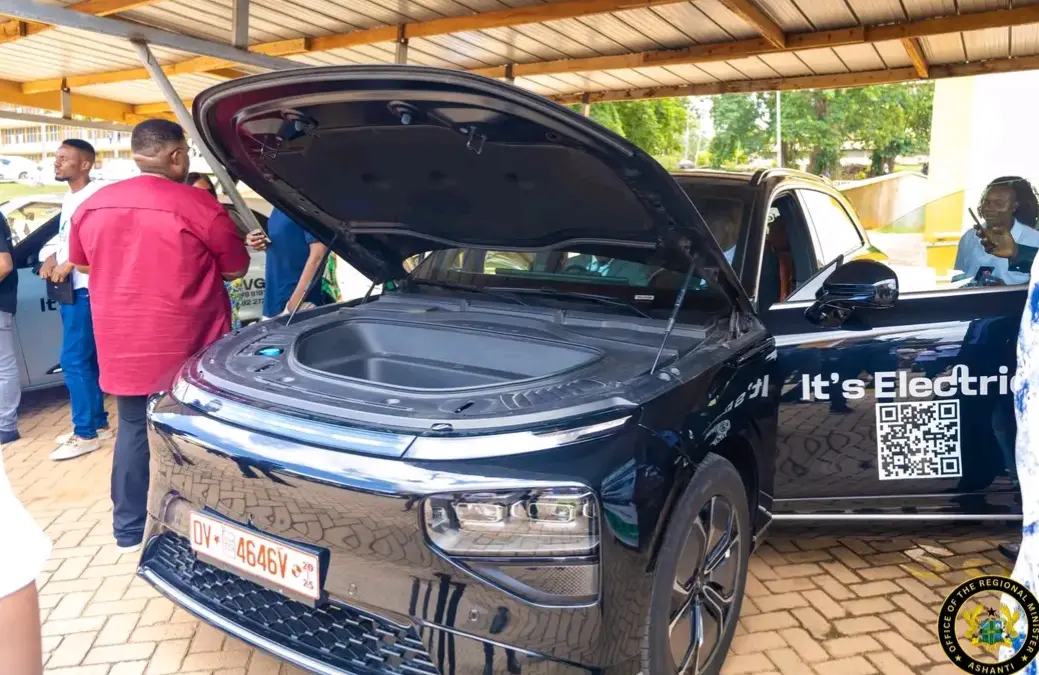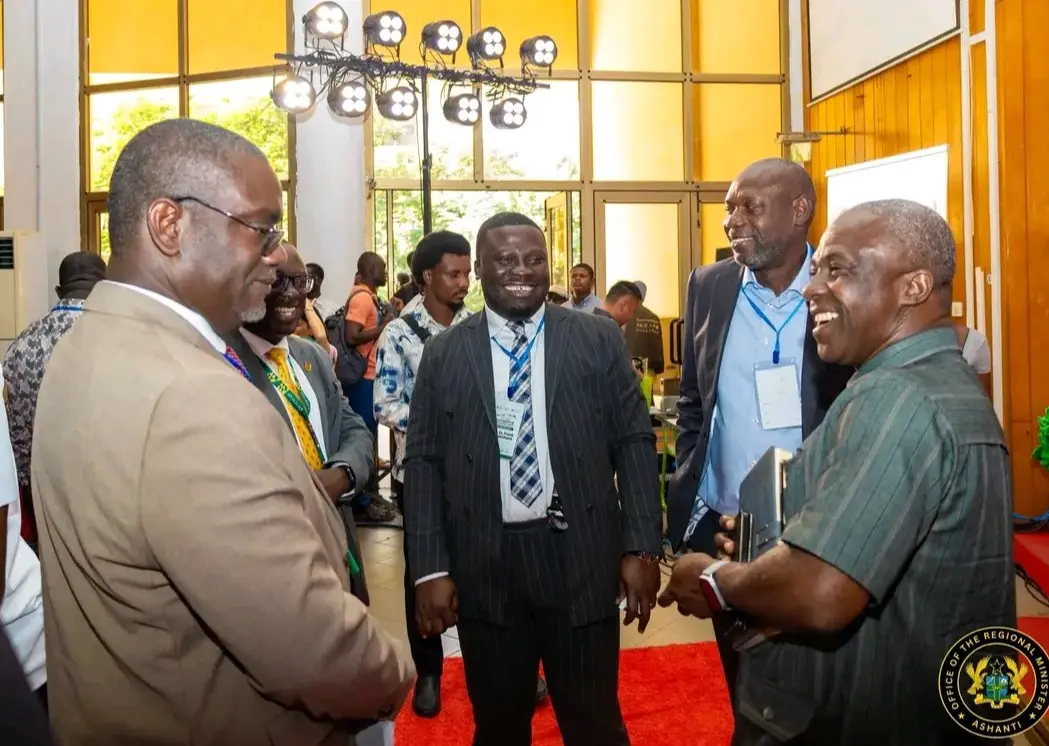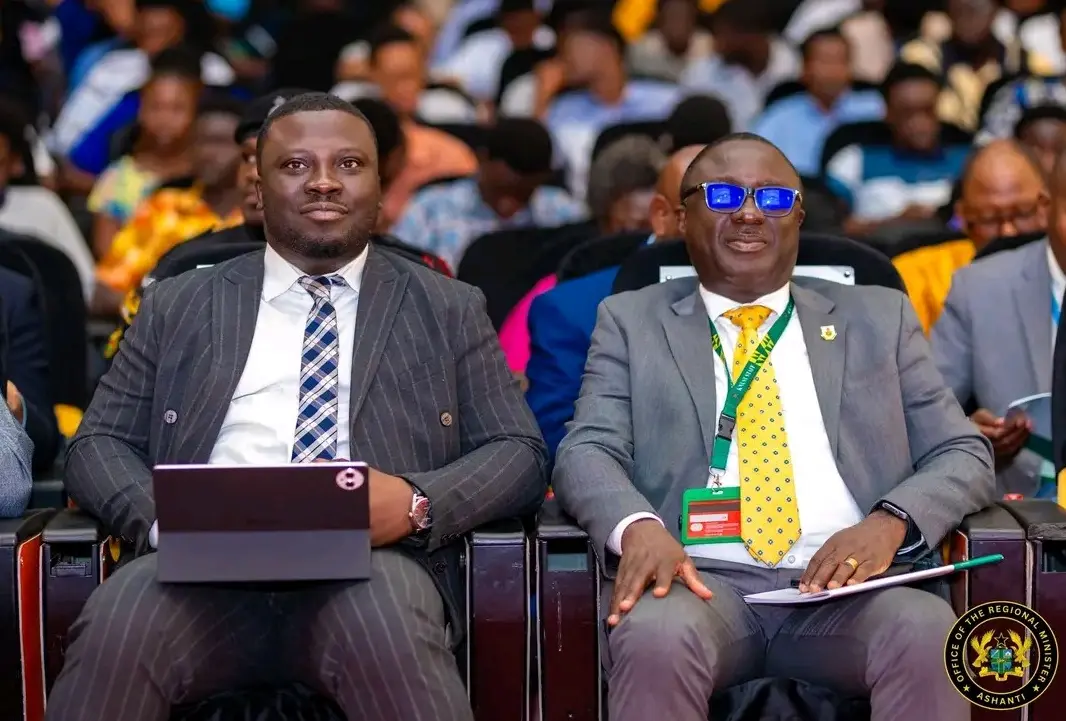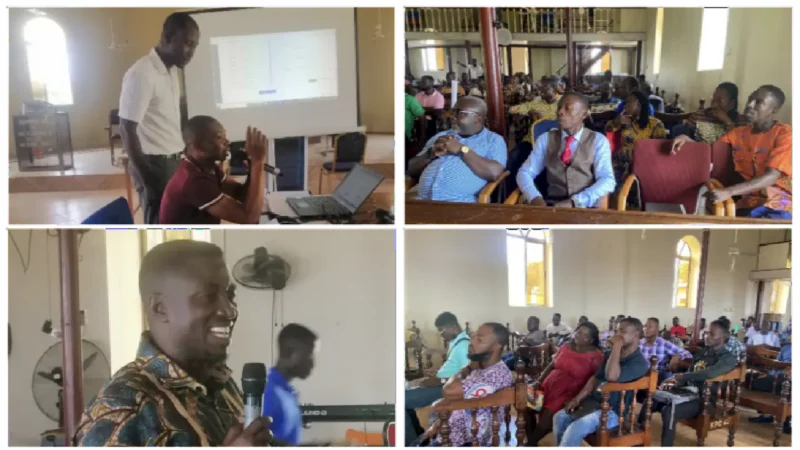The 2025 China‑Africa Automotive Development Forum held at KNUST in Kumasi, global industry leaders, diplomats, and innovators united under the banner of electric mobility. Organized in collaboration with the Confucius Institute at KNUST and Hubei University of Automotive Technology (HUAT), the forum centered on “Intelligent Manufacturing of Lightweight Electric Vehicles,” which highlighted Africa’s potential for leading a cleaner, smarter transportation future.
Ghana’s delegation reaffirmed a bold vision which he indicated that Ghana is Africa’s gateway and Ashanti as Ghana’s gateway. The above statement resonated strongly throughout the forum at the precise moment when the continent is fasttracking its industrial transformation with strategic EV partnerships.
According to the delegation spokesperson, the joint effort between KNUST, the Confucius Institute, and HUAT reinforces Ghana as a hub for industrial research, innovation, and education in automotive technology. With the global strength toward electric mobility, the forum focused also on developing lightweight, efficient EVs tailored to African roads and environmental contexts.
The engagement emphasized that electrifying transportation isn’t only about clearner cars but also uplifting local industries, creating skilled jobs in manufacturing, engineering, and auto services anchored right in the Ashanti Region.
The forum also served as a critical matchmaking event where Ghanaian academic institutions, Chinese automotive technology partners, and international investors seized the opportunity to explore agreements on co‑development, manufacturing facilities, and skill‑transfer programs.
Ghana is going to emerge as a front runner in bolstering clean mobility across West Africa an exemplar of purposeful industrial strategy, according to the speaker’s.
By driving intelligent EV manufacturing, the partnership challenges conventional vehicle production that shall offer insights for other regions. Greener transport benefits international supply chains, eases carbon footprints, and advances global sustainable development goals.
The forum paved the way for more robust collaboration including pilot EV assembly lines, R&D hubs at KNUST, and vocational training programs for local engineers and technicians.
This extraordinary engagement signals the beginning of a transformative journey but not just for Ghana, but for an increasingly connected, electrified African mobility environment. The Ashanti Region isn’t just joining the EV revolution but also steering it.
Keep supporting gheducate.com
Connect with us and share


